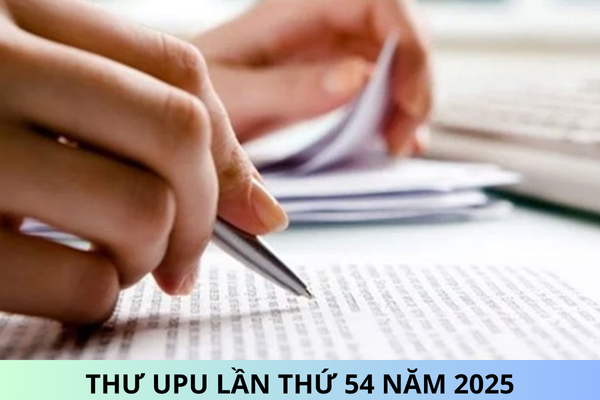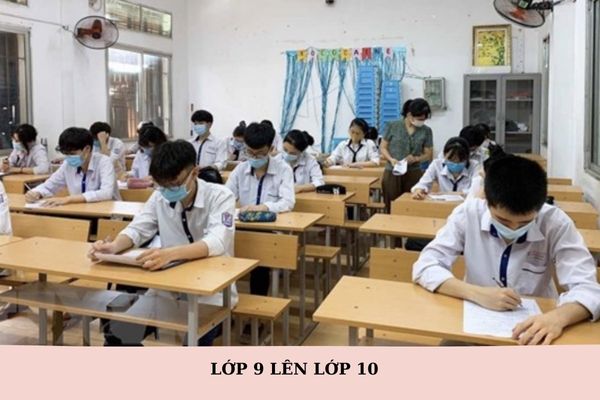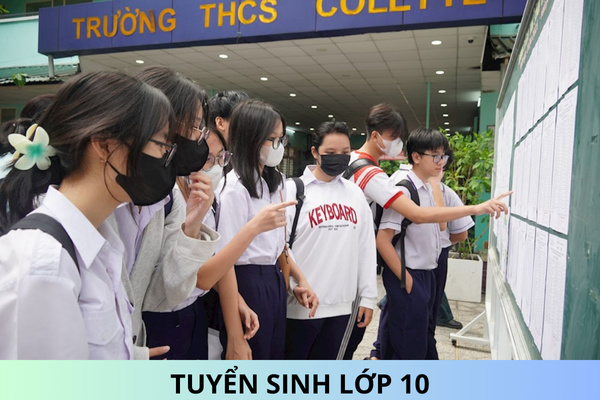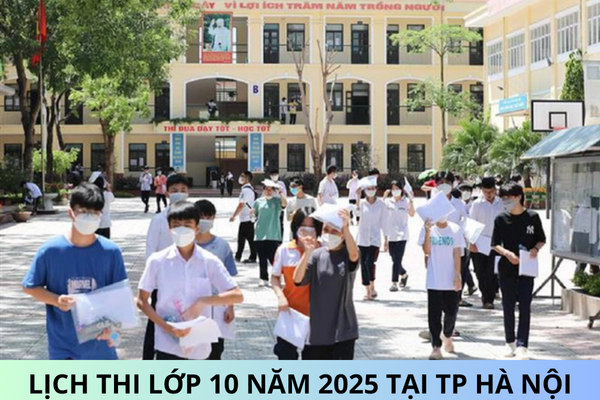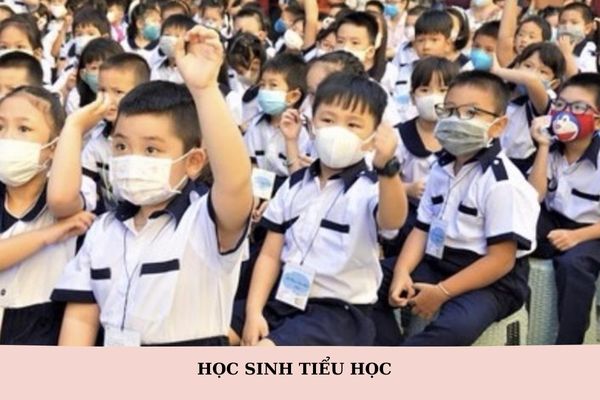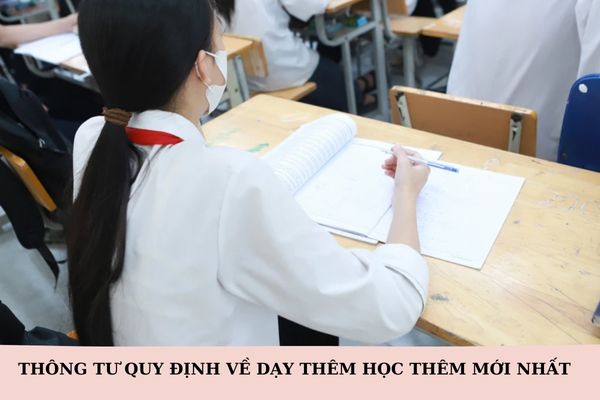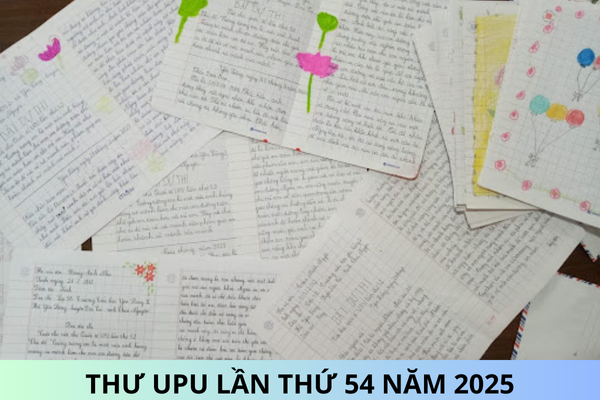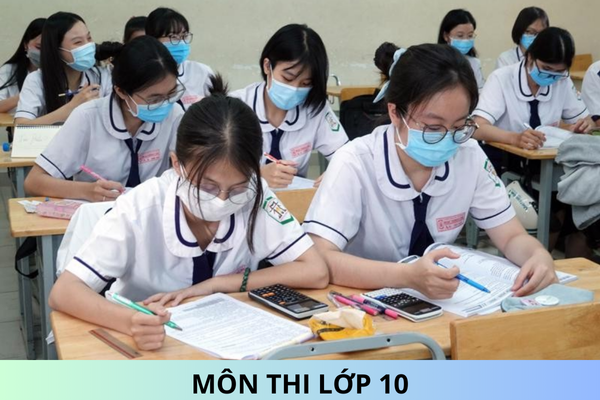When is the Online Confirmation of Admission for 2024?
When is the 2024 online admission confirmation period?
In Subsection 8, Section 1 issued along with Official Dispatch 1957/BGDDT-GDDH 2024, the time for 2024 admission confirmation is guided as follows:
I. For candidates
[...]
8. Admission confirmation:
- For candidates admitted under the direct admission category, from July 22, 2024, to 5:00 PM on July 31, 2024, candidates can confirm their admission on the System (candidates who have confirmed their admission will not be allowed to register for further choices, except in cases permitted by the head of the training institution). If a candidate has not confirmed admission, they can continue to register for choices on the System or the National Public Service Portal like other candidates. If admitted, they will confirm admission according to the common schedule;
- No later than 5:00 PM on August 27, 2024, all admitted candidates must complete the online first-round admission confirmation on the System.
Thus, the latest time for 2024 online admission confirmation is 5:00 PM on August 27, 2024.
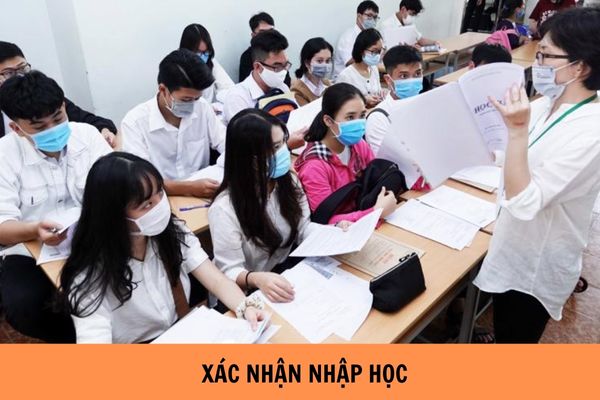
When is the 2024 online admission confirmation period? (Image from the Internet)
Is it mandatory for universities to send admission notices to candidates?
In Article 21 of the university admission regulations for early childhood education colleges issued along with Circular 08/2022/TT-BGDDT, the regulations on announcing results and confirming university admission are as follows:
Article 21. Notification of results and admission confirmation
- Training institutions send admission notices to admitted candidates, specifying the necessary procedures for candidates when enrolling and the enrollment methods.
- Candidates confirm their admission online on the system before enrolling at the training institution.
- For candidates who do not confirm admission within the stipulated time:
a) If there is no valid reason, the candidate is considered to have declined the admission, and the training institution has the right not to accept them;
b) If due to illness, accidents, with certification from district-level hospitals or above, or due to natural disasters with certification from district-level People's Committees or above, the training institution considers and decides whether to accept the candidate for enrollment or reserve the admission result for later enrollment;
c) If due to errors, mistakes by the admission officers or the candidates themselves, the training institution proactively cooperates with the relevant individuals and organizations to review the evidence and decide whether to accept the candidate for enrollment or reserve the admission result for later enrollment.
- Candidates who have confirmed admission at one training institution are not allowed to participate in application rounds at other institutions or in additional admission rounds, unless permitted by the training institution.
Thus, the admission notice to candidates specifies the necessary procedures for enrollment and the enrollment methods. Universities are required to send admission notices to candidates as per the law.
What benefits do university students enjoy? What are their duties?
In Article 60 of the Higher Education Law 2012, amended by Clause 31, Article 1 of the Amended Higher Education Law 2018, the duties and rights of students in general and university students, in particular, are regulated as follows:
(1) Study, conduct scientific research, and train according to the regulations.
(2) Respect lecturers, management staff, public employees, and staff of the higher education institution; be united and assist each other in studying and training.
(3) Participate in labor and social activities, environmental protection efforts, ensure security and order, and prevent negative behaviors, cheating in studies and examinations, and prevent crimes and social evils.
(4) Be respected and treated equally without discrimination based on gender, ethnicity, religion, or social origin; receive career guidance and complete information about studying and training.
(5) Be assured of the conditions for studying, participating in scientific, technological, and entrepreneurial activities, self-improvement training activities, joining organizations, community activities, cultural, and sports activities.
(6) Provide feedback, participate in the management, and supervise educational activities and quality assurance conditions.
(7) Enjoy policies for those eligible for preferential treatment and social policies.
(8) Other duties and rights according to the organization's operational regulations at the higher education institution and other related laws.
